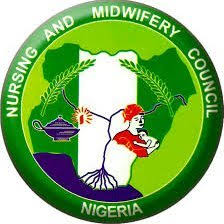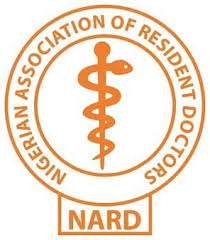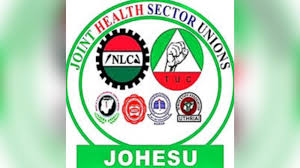The Council notes with concern the trend among practitioners whereby persons in full time employment of the public service engage in full-fledged private practice. This practice puts members of the public who have to access care in either public or private health institutions in which such practitioners are involved at grave risk and is inimical to the image and reputation of the professions.
 Registered medical and dental practitioners and members of the public are hereby called to note that the MDCN has made Rules on the conduct of medical and dental practitioners in full employment in the public service. These are contained in Rule 49 of the Code of Medical Ethics in Nigeria 2008 edition and reproduced hereunder.
Registered medical and dental practitioners and members of the public are hereby called to note that the MDCN has made Rules on the conduct of medical and dental practitioners in full employment in the public service. These are contained in Rule 49 of the Code of Medical Ethics in Nigeria 2008 edition and reproduced hereunder.
CODE OF MEDICAL ETHICS IN NEGERIA 2008 RULE 49
”49.1: medical and dental practitioners who are in full time employment in the public service in Nigeria are free to employ their spare time and
unofficial hours to engage in medical or dental practice for remuneration as follows:
a. A registered practitioner in full time employment in the public service shall not engage himself in extra-mural private practice during
official duty time under any circumstances.
b. A registered practitioner who holds the appointment of Consultant status or a medical or dental officer of more than Ten years
post-registration experience may run one private consulting clinic which will open for business only during periods when he is not on
official duty.
c. A Consultant or registered practitioner of similar status in (b) above shall offer in-hospital care to his private patients only within the
public hospital he is in full employment. It is unethical for a registered practitioner in full employment in the public service to give
in-hospital care, that is investigatory, admission and institutional care to patients outside the hospital in which he is in fulltime
employment.
d. A registered practitioner of more than ten years post-registration who is in full time employment in the public service but is not engaged
in clinical responsibilities in the public hospital may engage, outside the official duty hours, in clinical practice in an institution owned and r
run by full time private practitioners or hold consultations only in his own consulting clinic.
e. It is unethical for a registered practitioner engaged in a public health institution to demand and/or receive money from hospital patients
under any guise whatsoever, either before or in the course of attending such patients.”
49.2: Private Practice by Non-Consultant Registered Practitioners who are in Full Time Employment in the Public Service
A medical or dental practitioner who does not have the status of a Consultant may engage in private practice outside his official hours in an institution owned and managed by a full time private practitioner. It is unethical for a registered practitioner who is not a consultant or less than ten years post-registration and who is in the public service to own and run any private medical or dental facility.
The Medical and Dental Council of Nigeria hereby directs registered practitioners who are Chief Medical Directors, Medical Directors or Medical Superintendent in charge of public health institutions to provide facilities, programmes and systems in hospitals they administer, to enable practitioners engage in intra-mural private practice.
It is hoped that this measure will significantly curb the penchant for extra-mural private practice by practitioners during official hours.
Registered practitioners in administrative control of public health institutions should be awake to their responsibilities under Rule 50 of the Code of Medical Ethics in Nigeria 2008. For ease of reference reproduced hereunder:
“Ethical Control by Practitioners in Management Appointments in Public Hospitals
Registered practitioners who are Chief Medical Directors, Medical Directors, Medical Superintendents or Medical/Dental Officers in administrative charge of public service health institutions have inherent responsibilities to ensure strict compliance with Public Service Regulations by professional colleagues and others who are in the employment of the public service and are deployed to the institutions which they administer. A practitioner in administrative control who fails to report colleagues who violate this regulation to the Council shall him/herself be liable for disciplinary process.”
Signed
Dr. A A Ibrahim, Dsc, mni
Registrar




